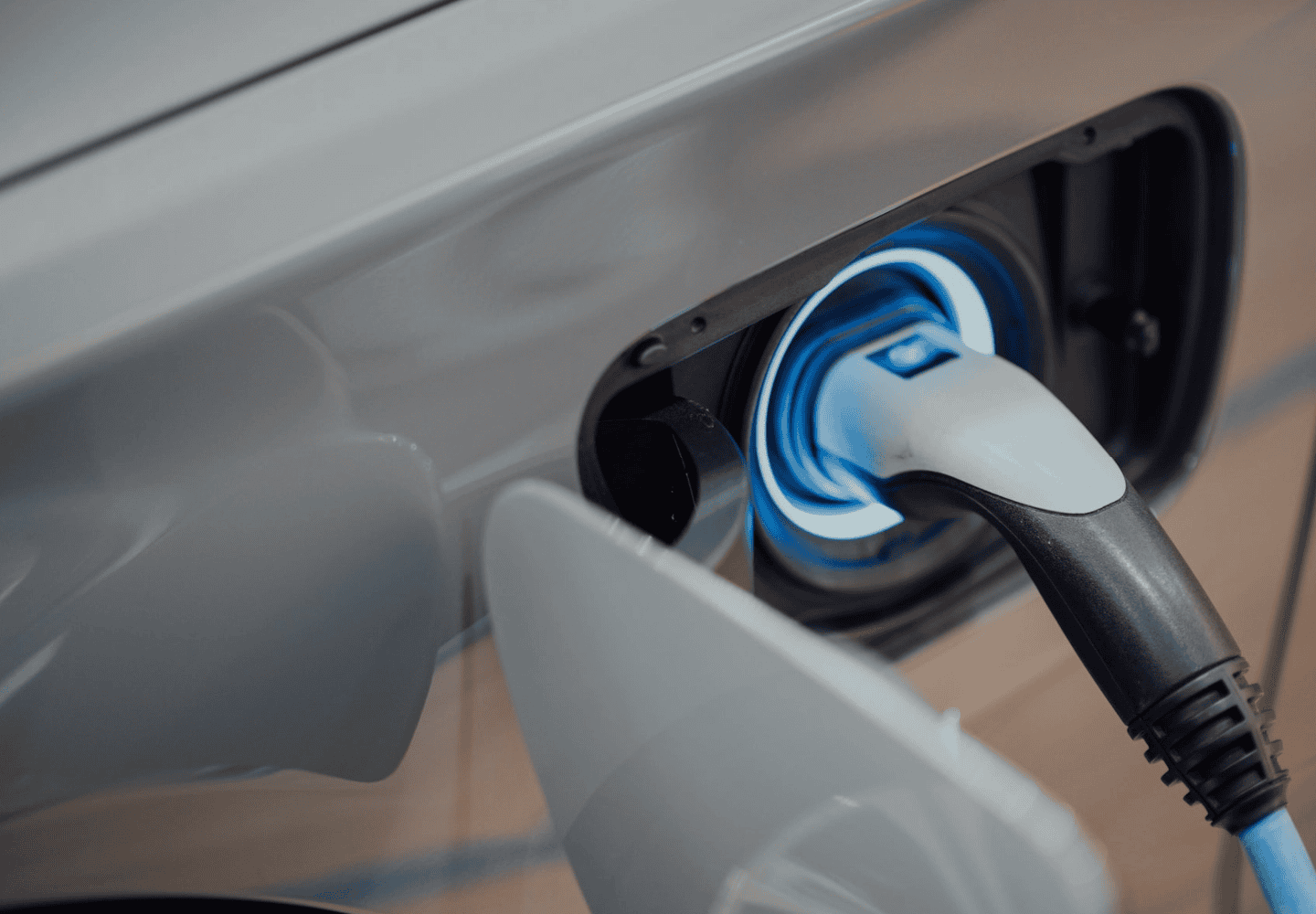Yes, the guide provides information on federal and provincial incentives available in Canada, helping you maximize savings on your EV purchase.
Yes, our guide is specifically designed for Canadians. It factors in how the Canadian climate affects vehicle range, the available government incentives, and the electric vehicle models and pricing available in Canada.
Absolutely! Our guide evaluates your daily driving to recommend electric vehicles with a suitable range for your lifestyle. We also factor in the reduced range due to Canada’s cold climate.
The process is quick and easy, taking only a few minutes to complete, and you will immediately receive a personalized report with electric vehicle recommendations based on your answers.
Kizuna’s personalized Canadian EV Buyer’s Guide helps you find the best electric vehicle for your needs by focusing on key factors like your favourite brands, vehicle type, seating capacity, driving habits, and budget.
Several factors, like your home’s location, roof angle, and the amount of shade it gets, determine if your house is a good fit for solar. We will use the details you provide during the solar assessment to create a custom analysis and see if solar works for your home.
Every home is different, so the number of solar panels needed depends on a few factors:
- how much power you use
- your local climate
- the amount of direct sunlight your roof gets, including shading and roof direction.
We will use the details you provide during our solar assessment to create a custom design for your home solar system.
Net metering and battery storage help you use solar power at night when your panels aren’t generating electricity. With net metering, you send extra electricity produced during the day back to the grid and earn credits. You can use these credits to offset your electricity use at night.
Battery storage lets you store the extra energy your solar panels produce during the day and use it later when the sun isn’t shining. Both options reduce your reliance on the grid and help ensure you are covered day and night.
Solar systems automatically turn off during a power outage to protect utility workers working on power lines. This means the solar system won’t provide power to your house during an outage.
Once the utility restores power to the grid, the system will turn back on by itself. However, if your home solar system has battery storage, you can use stored energy as backup electricity during an outage.
Yes, shade can reduce your solar energy output. When trees or obstacles shade solar panels, they block sunlight and reduce energy production.
We design your system to consider shading, but it’s best to regularly trim trees to minimize the amount of shade on the panels.
Yes, your solar system will generate power for your home all year, but the amount of power it produces will change with the seasons.
Solar production is usually highest in the summer because of long days and plenty of sunshine. In the winter, production drops due to shorter days.
We design our solar systems to account for all four seasons, and we factor this seasonal change into your solar production estimate.
Solar panels for homes in Canada require little to no maintenance. Modern solar panels are durable and built to handle weather like rain, sleet, hail, snow, and strong winds.
In snowy areas, you might need to clear off heavy snow using room temperature water, but light snow usually slides off if the panels are tilted. Dusty areas may need occasional cleaning, but in Canada, where dust is minimal, cleaning is rarely needed.

